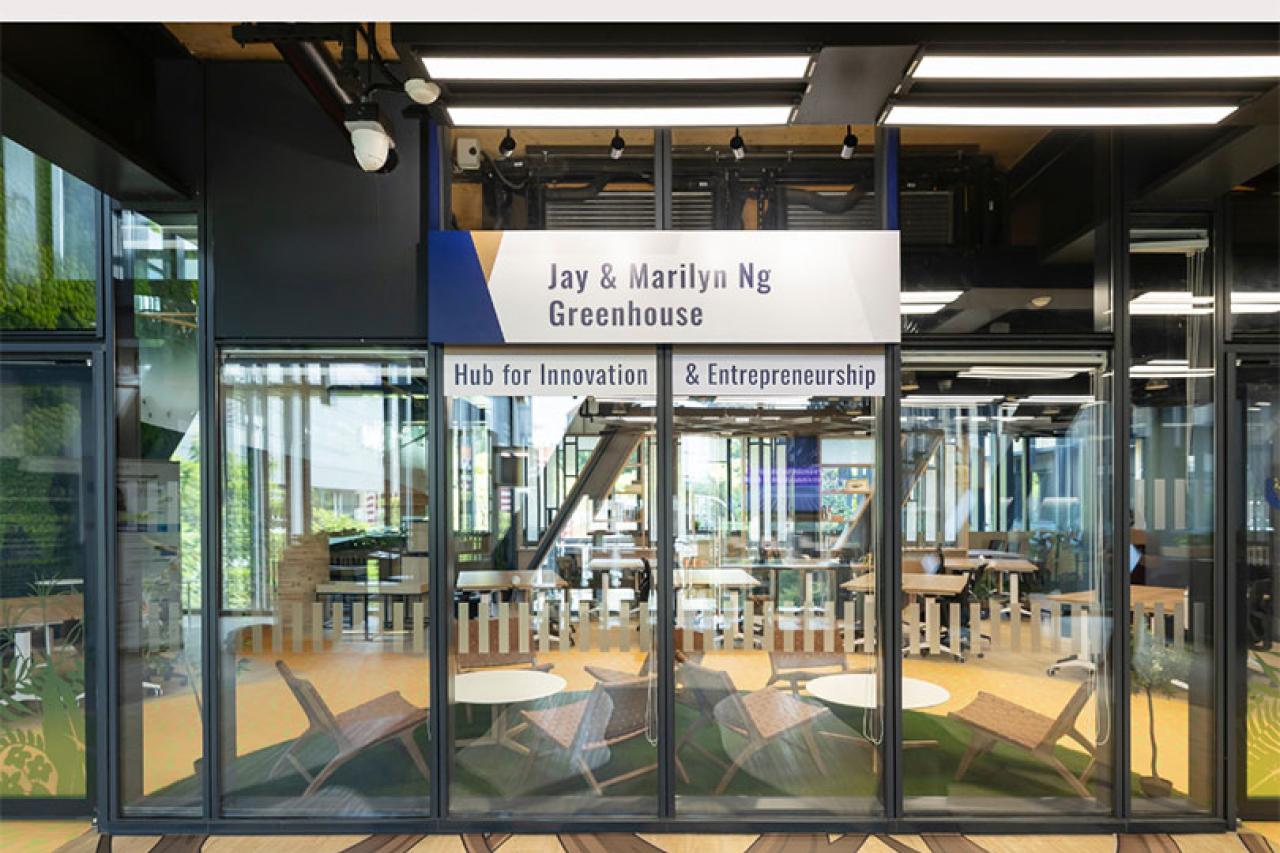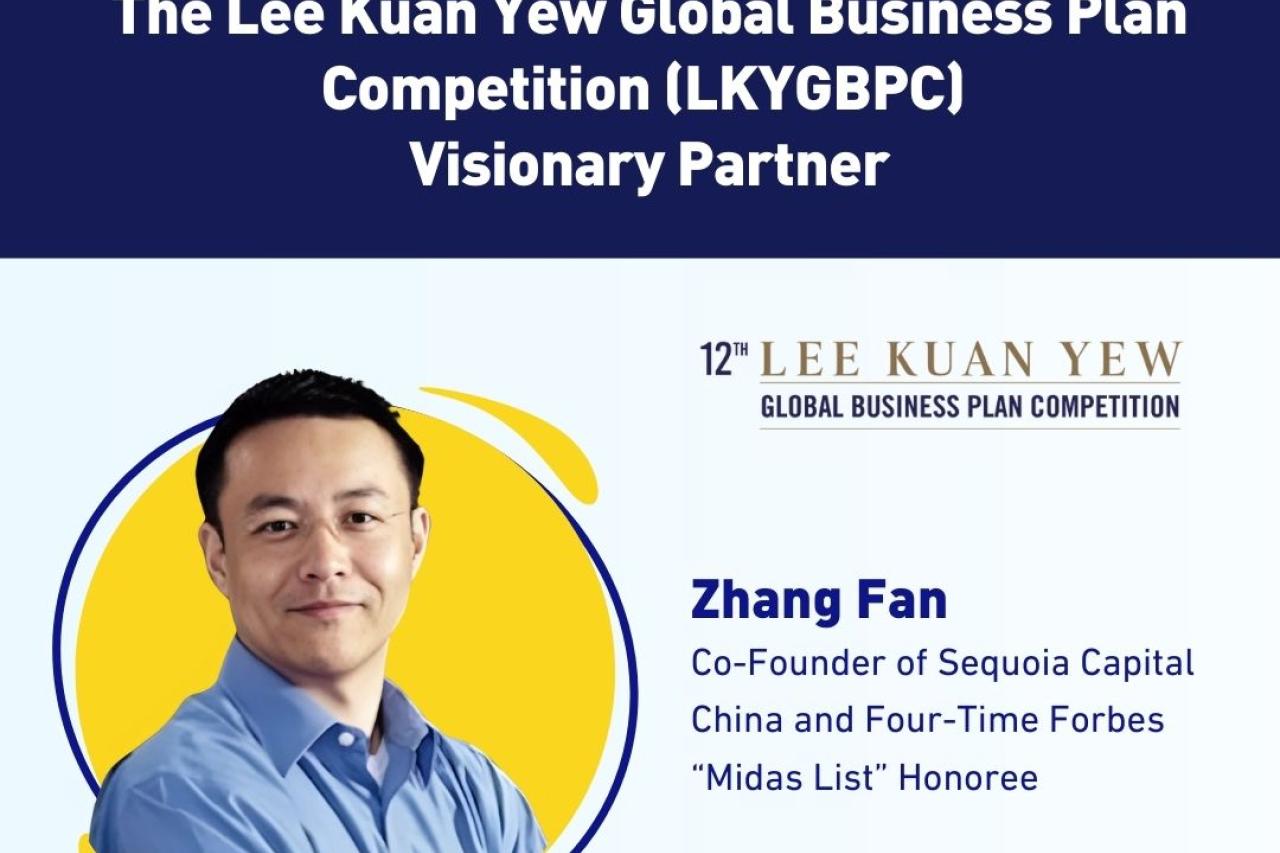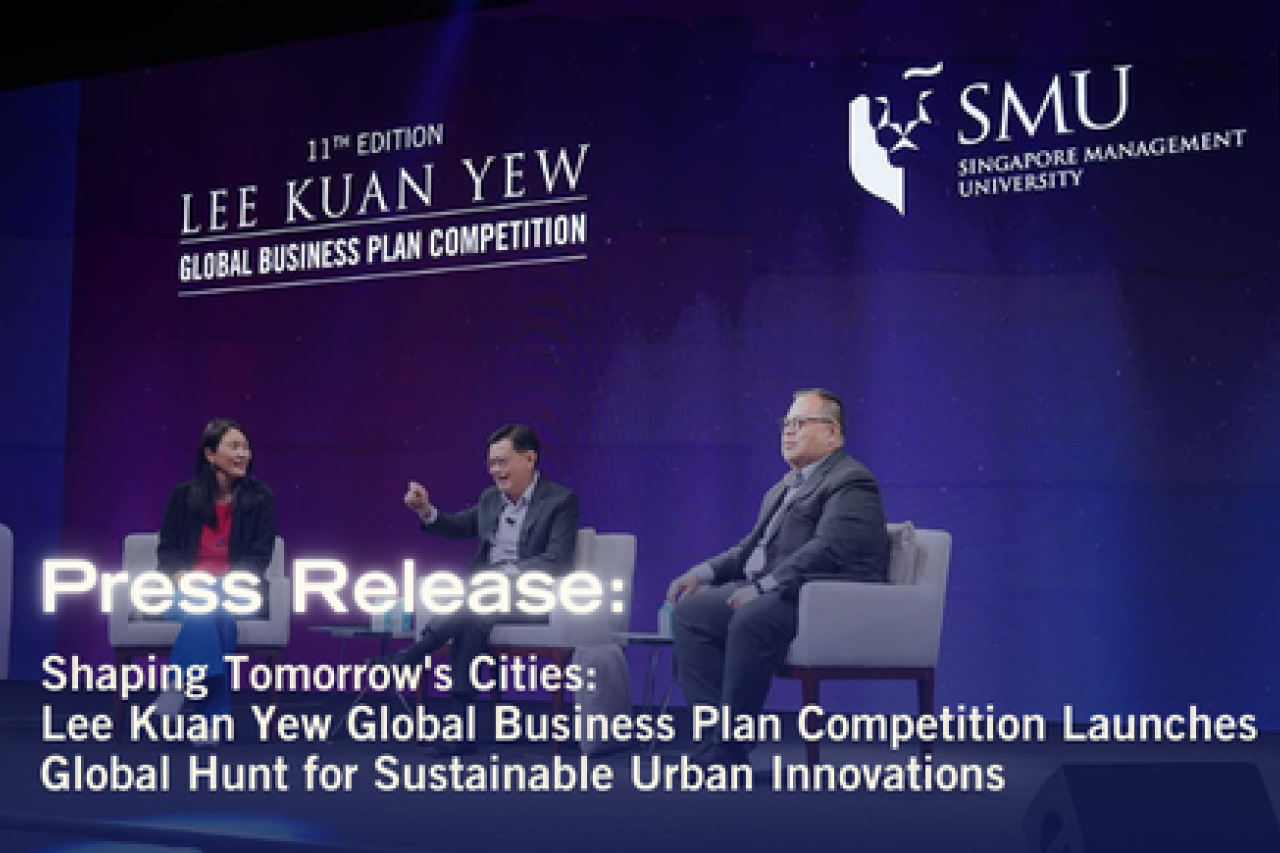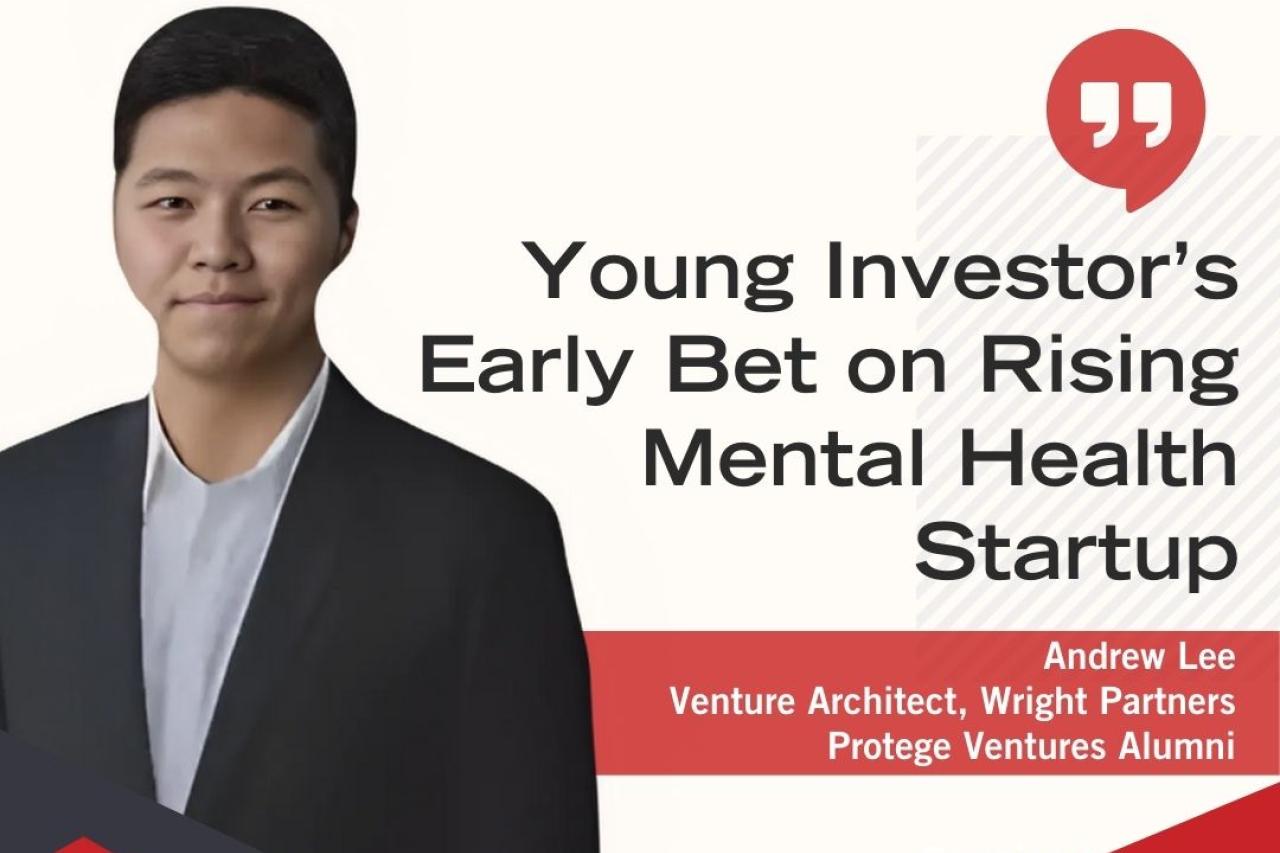A day in the life of Dennis Ye at Reality Detector
Tuesday May 05,2020 | IIE News

I still look back with great fondness of time I spent doing my MBA summer internship at the Gates Foundation. Working at the Health, Innovation and Partnerships team, I was immersed in research and development and deep technology. Internships to me, are a great way to build up skillsets for the future: I have gained tremendously from my own experiences and hope to be able to provide the same environment at Reality Detector. Below I pen my thoughts on the 3 advantages of working at a startup like ours.
Advantage 1: Breadth of Exposure
As an early stage startup, there are many roles that need to be filled. Unlike working in a larger and more silo-ed organization, undergrads can grow into different roles through the process of building a company. Nini Chang, our intern from Yale-NUS, is a prime example. As a statistics major, we played to her strengths as she worked on our trade secret deception detection algorithm. Tapping on her creative side, she also designed our company logo. Our organizational structure is relatively flat and we frequently involve Nini in business and product development discussions as we value an additional perspective on the matter.
Advantage 2: Remuneration and Accelerated Career Progression
By extension, early employees, too, have the opportunity to also progress as quickly as the company grows, taking on bigger roles faster and sooner as the team grows. In our startup environment, age is not an indicator of ability, and career opportunities are reflective of the same.
Working at a startup can also be financially fruitful, if things go well. Founders and early employees are many times significant shareholders, as a lot of principal-agent problems can be resolved through employee stock options and founders whose equity vests over time. This way, risks along with potential returns are distributed, helping to align everyone towards common goals. It is not always psychologically safe to tie your financial well-being to the fate of your startup but that is part and parcel of greater alignment.
Advantage 3: Agile Implementation of Organizational Best Practices
As a startup, we have the benefit of adopting tried and tested organizational frameworks for success quickly, without being bogged down by bureaucratic processes. At Reality Detector, we apply the Objective-Key Results (OKR) framework for goal setting and assessment. The OKRs are specific to each function and employee, thereby making performance assessment as objective as possible. Enlightened organizational design of a startup might be the closest we can get to a workplace or property-owning democracy.
Functionally, we have assessment periods where everyone is held responsible for one difficult task that pushes them beyond the limits of their comfort zone. We also make sure that people are not multi-tasking on a range of tasks of different difficulty levels as it makes it hard for them to be as focused and accountable as they could be. This is my interpretation of Peter Thiel’s argument in Zero to One (which I helped him teach in Tsinghua University), that specialization within firms leads to less conflict and a happier startup founding team that can eventually become almost like a family or mafia.
Written by: Dennis Ye (middle in main photo)




